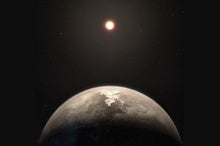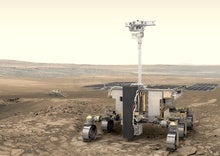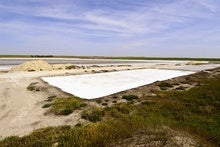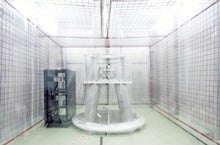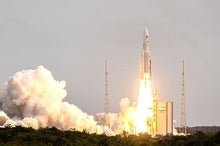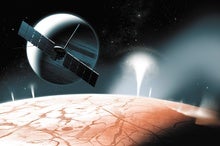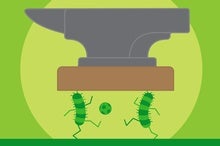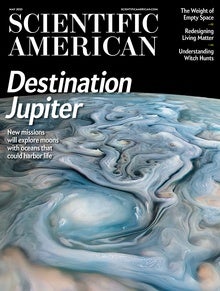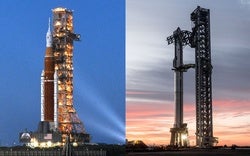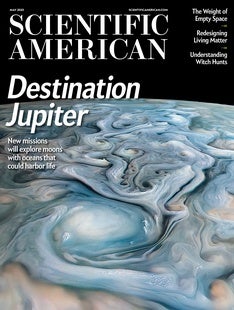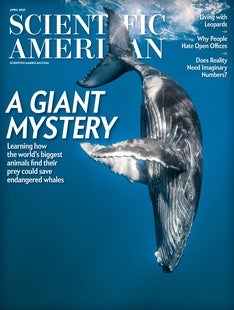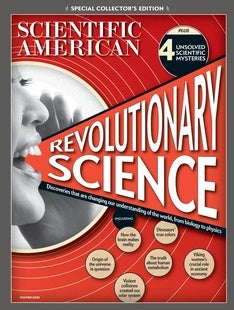 |
| April 20, 2023 |
Ah yes, what better day than April 20th for something to go up in smoke? Our lead story concerns this morning’s test flight of SpaceX’s Starship, a potentially revolutionary launch system that is also the largest and most powerful ever built. The flight ended mere minutes after liftoff when the Starship vehicle failed to separate from its Super Heavy booster, resulting in what engineers charitably call a “rapid unscheduled disassembly” of both objects. Still, the test is being hailed as a success thanks to the wealth of data it provided for future launch attempts. Elsewhere, we have stories about the recently launched JUICE mission to Jupiter, potential pitfalls in the search for life on Mars, the weight of “nothing,” the limits of cosmic humility, and much more! Enjoy. |
| | Lee Billings, Senior Editor, Space & Physics | |
 |
| Space Exploration SpaceX's Powerful Starship Explodes after Launch Starship, a super powerful launch system that could revolutionize access to space, soared for mere minutes—but its test flight is still being hailed as a success By Meghan Bartels | |
| Extraterrestrial Life How Far Should We Take Our Cosmic Humility? For centuries, scientific discoveries have suggested humanity occupies no privileged place in the universe. Now, however, studies of worlds beyond our solar system could place meaningful new limits on our existential mediocrity | | | | |
| |
| |
| |
| |
| |
| |
| |
| |
| |
FROM THE STORE
 | | | |
| |
FROM THE ARCHIVE
 | | | |
LATEST ISSUES
 |
| |
| Questions? Comments?  | |
| Download the Scientific American App |
| |
| |



